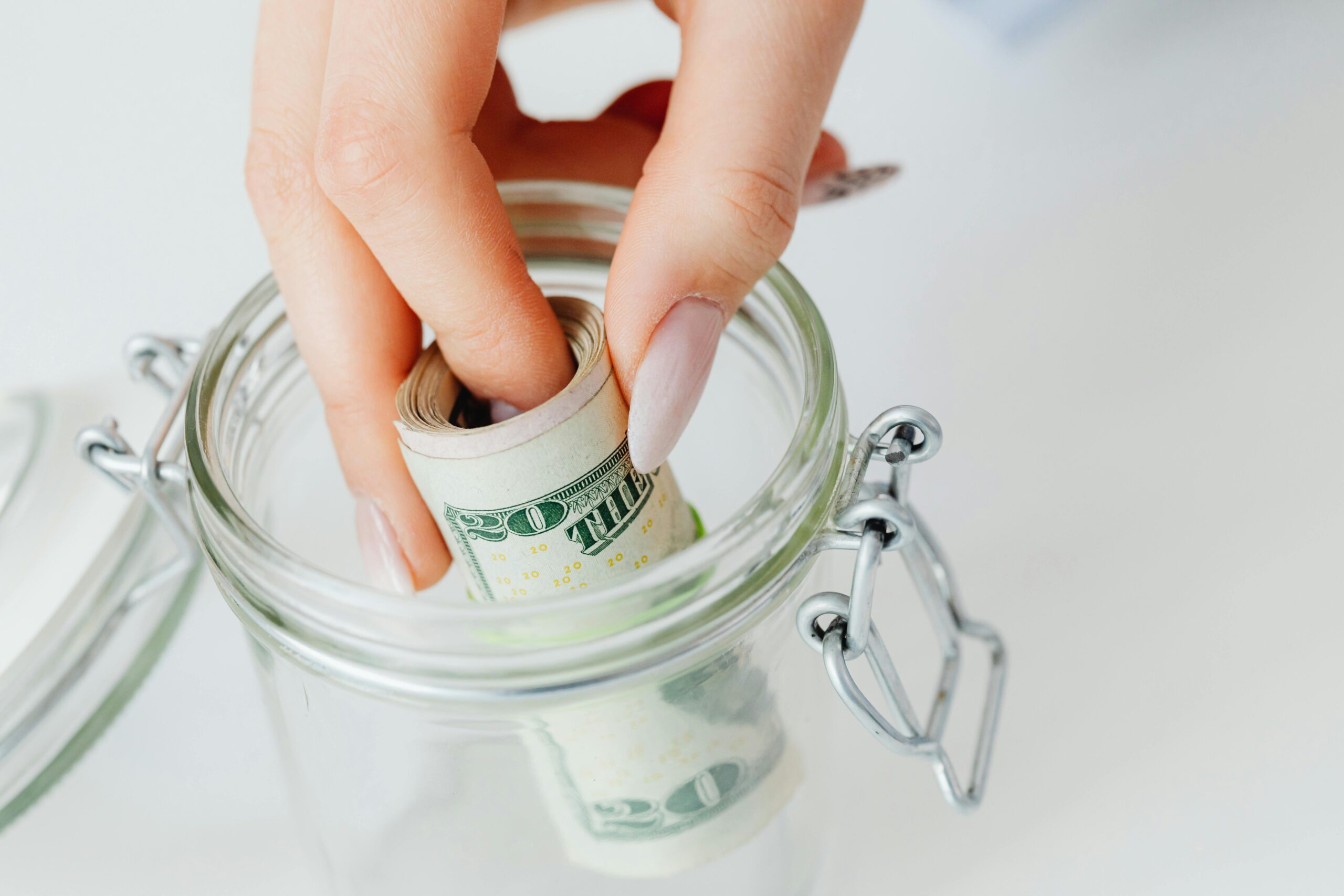
When you’re finally getting serious about taking control of your money, there’s one tool you absolutely cannot skip — the emergency fund.
It’s not flashy.
It’s not exciting.
It doesn’t feel like “progress” in the moment.
But it’s the difference between one bad week and a full-blown financial disaster.
An emergency fund is your safety net. It keeps unexpected expenses from wrecking your plans, dragging you back into debt, or forcing you to make decisions out of panic instead of strength. Life is unpredictable — cars break down, hours get cut, pets need the vet, roofs leak, and appliances die at the worst possible time.
Without a buffer, you’re one surprise away from chaos. With one? You’re stable, calm, and in control.
Why You Need an Emergency Fund
1. Unexpected Expenses Aren’t “If” — They’re “When.”
Life hits everyone. Doesn’t matter how disciplined you are — tires blow, ER visits happen, and job situations change.
An emergency fund keeps those moments from becoming crises.
2. It Breaks the Debt Cycle
Without savings, every surprise becomes a credit card swipe, a payday loan, or a new payment you didn’t plan for.
That’s how people slide into spiraling debt without even doing anything “wrong.”
An emergency fund stops that pattern cold.
3. It Reduces Stress More Than Anything Else
Money stress drains your energy, steals your sleep, and hangs over your head like a storm cloud.
Even a few hundred dollars set aside can calm your mind more than you expect.
4. It Gives You Financial Confidence
Knowing you can handle life’s surprises makes you stand taller.
You stop reacting… and start planning.
How Much Should You Save?
If you’re just starting out:
Your first goal is $500–$1,000.
That’s enough to handle most common emergencies:
- a blown tire
- a minor car repair
- a medical copay
- a broken appliance
- a vet visit
I’d personally shoot for $1,000 — it just covers more ground.
Once you’re stable or out of debt:
Build toward 3–6 months of living expenses.
This is your “stay afloat” fund — the thing that keeps a layoff, medical scare, or big life shift from turning into a nightmare.
Don’t let the number intimidate you. You build it the same way you build everything else: one dollar at a time.
How to Start Your Emergency Fund Today
1. Open a Separate Savings Account
Separate = safer.
If it’s not sitting in your checking account, you’re way less likely to tap into it.
A high-yield savings account is even better — let your money work while it sits.
2. Start Small and Build Consistently
You don’t need $100 at a time.
You just need consistency.
- $10 here
- $20 there
- A little every payday
Tiny amounts add up shockingly fast when you don’t stop.
3. Use Windfalls Wisely
Tax refund?
Extra paycheck?
Birthday money?
Side hustle cash?
Throw it into your emergency fund and accelerate your progress.
4. Automate the Process
Set up an automatic transfer — weekly, biweekly, or monthly.
If the money moves without you thinking about it, you won’t talk yourself out of it.
5. Cut One Small Thing Temporarily
You don’t need to overhaul your lifestyle.
Cut one thing — ONE — and redirect the savings:
- Skip one takeout meal
- Cancel one underused subscription
- Buy generic instead of name brand for a few weeks
These small sacrifices build the fund way faster than people expect.
6. Keep It For Emergencies Only
A sale is not an emergency.
A vacation is not an emergency.
A new gadget is not an emergency.
This fund is your armor — you only touch it when life punches first.
My Story: The Moment I Got Serious
My emergency fund started because I hit a low point. I was down to nothing — literally — the day before payday. No food money, no backup plan, no safety net. I swore right then I’d never let myself get blindsided like that again.
So I grabbed a coffee can and tossed my tip money in it every day.
It wasn’t fancy, but it was there, and I refused to dip into it unless something truly urgent happened.
That tiny system changed everything.
Not because of the amount — but because of the discipline behind it.
Final Thoughts
An emergency fund is more than dollars in a bank.
It’s peace of mind.
It’s stability.
It’s breathing room.
It’s knowing that when life hits, you can take the hit and stay standing.
Start small.
Stay consistent.
Stack it slowly.
Your future self will thank you.
“An emergency fund is the armor between you and life’s surprises.” — Unknown